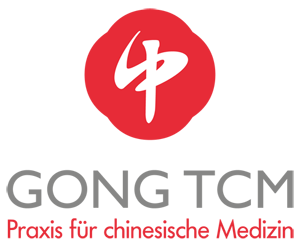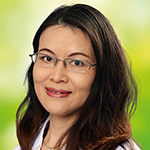Qi
Qi
Meaning:
The term means something like energy, breath, or fluidum; literally, it can be translated as air, gas, steam, breath, ether, as well as temperament, strength, or atmosphere. It also refers to human emotions and, according to modern Daoist understanding, represents the activity of the neurohormonal system.
In Traditional Chinese Medicine (TCM), Qi is regarded as general life energy or the energy of the spiritual. In every traditional Chinese therapy, the goal is to restore Qi to its natural, balanced state. When a person and the flow of their Qi are in harmony with these laws, one can speak of physical and mental health. But if the flow of Qi is disturbed over a longer period, illness arises.
Qi cannot be clearly assigned to the categories of “material” or “immaterial”; it can, in a way, assume both states. The Chinese distinguish between three levels or manifestations:
- Blood – xue
- Essence – jing
- Body fluids – jinye
For a doctor of Traditional Chinese Medicine, it is important to ensure the flow of Qi in its natural pathways or to restore it when it is disturbed. For this purpose, Chinese medicine has developed a complex doctrine of the pathways and effects of the various forms of Qi. It is based on the above-mentioned threefold division of Qi manifestations, but also distinguishes them according to their function and correspondence with certain organs.
The manifestations of Qi are not static but are in a constant process of transformation. The functioning of this process, in turn, depends on the intact functioning of the organs. Interestingly, according to this teaching, the Chinese assign the organs very different functions compared to Western medicine.
Neiqi and Waiqi 软组织
Qi can be divided into Neiqi (inner breath) and Waiqi (outer breath). Neiqi is the energy stored in the body. It is the inherited energy of the original breath, the Yuanqi, at birth. At a person’s birth, through the intake of original Qi, the mind, body, saliva, and semen are formed. Waiqi stands for the inhaled air.
In addition to Traditional Chinese Medicine, there are several other teachings based on the understanding of Qi:
- Daoism
- Neo-Confucianism
- Qigong
- Feng Shui
- Martial arts



